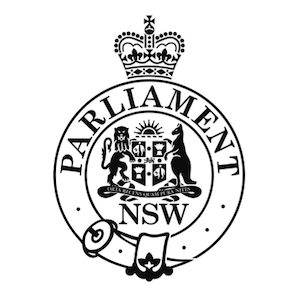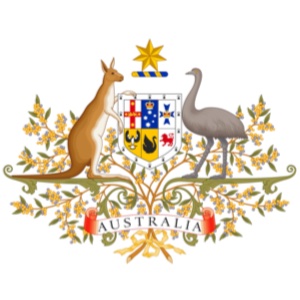We thank the Joint Standing Committee on Electoral Matters for this opportunity to contribute to the inquiry into the administration of the 2023 NSW state election and other matters, including political donations and truth in political advertising.
Reforms to the political donations and campaign financing laws in New South Wales must be made through a process that accounts for the poacher-gamekeeper dilemma of elected leaders.
The best political donations regime is simply the one that the wider community views as fair, transparent and honest. A model proposed by everyday people will earn much greater trust than one developed by only MPs and parties.
We recommend that the New South Wales Parliament establish a Citizens’ Assembly on Political Donations and Campaign Financing.
The phrase ‘political donations’ has an entirely negative connotation for New South Wales residents. It is not associated with civic-mindedness or supporting our democracy through an act of goodwill. Good news stories on this topic are impossible to find and the current approach is a constant source of problems for governments of all persuasions. Reforms are examined through the lens of electoral advantage, not integrity.
New South Wales has arguably the country’s most stringent regime–one that would be among the world’s most well-regulated and respected. However, this earns the government almost no credit from the wider community due to a steady and predictable flow of negative news stories.
Money is fundamental to running election campaigns and influence is an attractive commodity in every regime (democratic or not). Yet, there is no system that politicians can design that will earn them credit and trust among voters due to the clear conflict of interest in setting the rules by which they are bound.
Taking on reform is unattractive: attempts will be stymied or shaped by political benefits and constitutional barriers, all of which are overlaid with a sceptical public assuming that reforms are a ruse by which MPs want to “vote themselves more of our money”.
A circuit breaker is needed. And that circuit breaker is to share the problem with a representative ‘jury’ of everyday people and invite them to solve it. A genuine sharing of the decision between citizens and elected representatives would deliver a major trust dividend.
Picture such a process: A Citizens’ Assembly on Political Donations and Campaign Financing would bring together 50 everyday Australians, chosen by democratic lottery to be representative of all parts of New South Wales, all walks of life, ages, backgrounds, and lifestyles, being brought together in Sydney over several weekends to find common ground on answers to the question:
How should we regulate political donations and campaign financing?
They would be provided with time and information to learn about the challenges posed by political donations and campaign financing and the range of policy options available. They would learn from Members of Parliament, political party officials, unions, stakeholders, academics, researchers, and the wider community.
Their task would be to find common ground around recommendations that address the complex trade-offs posed by political donations and campaign financing. Ultimately, presenting these recommendations to Parliament with supporting reasoning and evidence.
This process would build public trust and legitimacy. For the wider community to trust political donations and campaign financing laws, they must see that people like themselves play an influential role in deciding the laws that govern our elected leaders, not those with a conflict of interest.
Our political system already receives independent external advice through consultative parliamentary committees such as JSCEM. This approach has the benefit of removing the conflicting political incentives from the decision by asking regular people to make recommendations on behalf of the whole community.
The unforgiving challenge of explaining any changes to the wider public (usually left to politicians) is shared by the members of the assembly. This means that everyone in the wider community can see someone like them involved in the process and as a result are much more likely to trust its substance.
Around the world, Parliaments are making use of citizens’ assemblies to assist them in addressing complex public policy issues. French President Emmanuel Macron has held both The Citizens’ Convention on the End of Life and the Citizens’ Convention for the Climate. The German Bundestag President Bärbel Bas recently announced intentions to establish multiple citizens’ assemblies and the Irish Oireachtas just received the recommendations from their Citizens’ Assembly on Drug Use.
These processes are appealing to elected leaders because they reach reasonable conclusions and broaden the suite of policy options available beyond the usual constraints of electoral politics. This is something that can benefit the public and our elected leaders.



